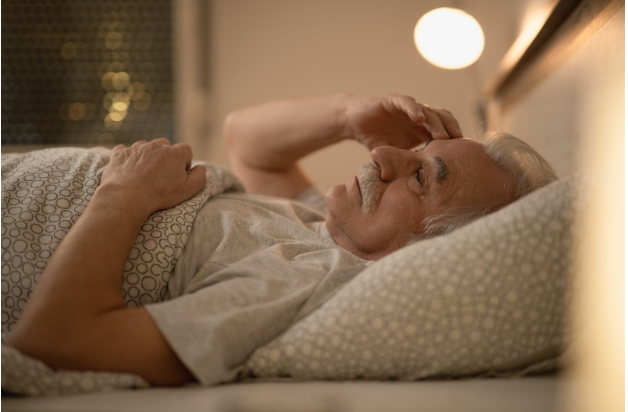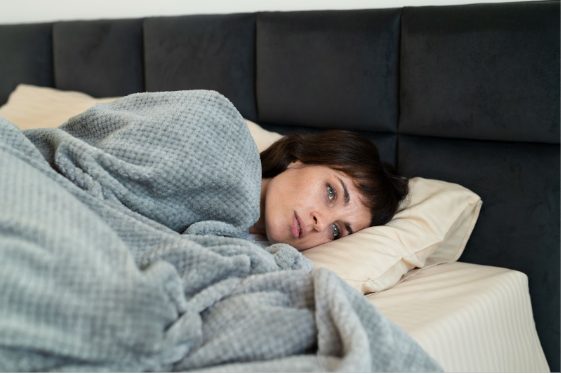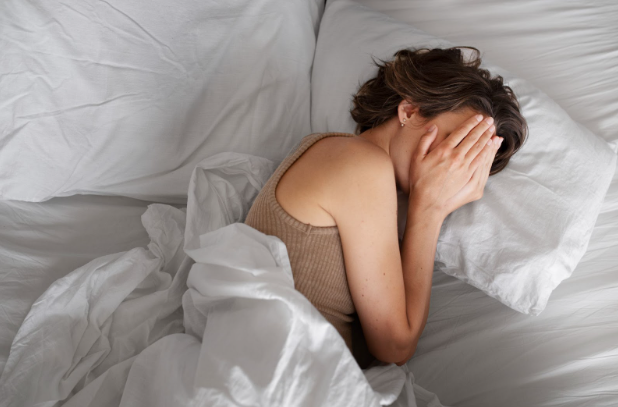
- Psychiatrist in Los Angeles
- 0 Comments
Telepsychiatry services are transforming the way individuals access mental health care. By combining secure digital technology with expert psychiatric support, patients can now receive professional treatment from the comfort and privacy of their own environment. This modern approach removes traditional barriers to care while maintaining the same clinical standards as in-person appointments. At Brain Health […]
Read More







